SUMMARY
This is AI generated summarization, which may have errors. For context, always refer to the full article.
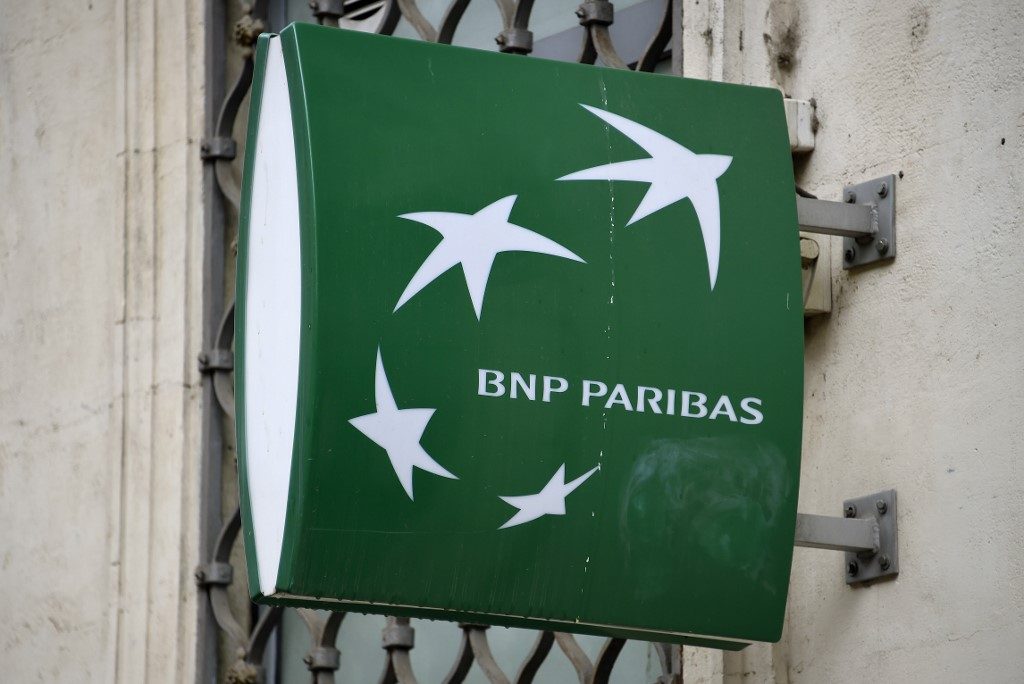
French prosecutors have opened a preliminary inquiry into banking giant BNP Paribas over claims of complicity in crimes against humanity, genocide, and torture in Sudan, a judicial source said on Thursday, September 24.
It is the second criminal investigation opened against BNP in France for an alleged role in a foreign conflict, the other being for alleged complicity in the 1994 genocide of Rwanda’s Tutsi minority.
The International Federation for Human Rights (FIDH), which had filed the complaint against the French bank over Sudan, announced on Twitter that an investigation had been opened.
A judicial source confirmed there will be a probe into allegations of “complicity in crimes against humanity, genocide, and acts of torture and barbarism.”
“It is excellent news for the victims,” tweeted the FIDH, welcoming a chance for light to be shed on “the responsibility of BNP, which served as the de facto central bank of the Sudanese authorities at the height of the Darfur genocide” even during sanctions.
An investigating magistrate will decide after the probe whether to dismiss the criminal complaint, or to bring the bank before a court.
BNP did not respond to a request from Agence France-Presse for comment.
A year ago almost to the day, 9 Sudanese who had fled their country filed a criminal complaint against BNP, with the backing of rights groups including the FIDH, for allegedly facilitating crimes committed in Sudan between 2002 and 2008, particularly in the war-torn western region of Darfur.
The FIDH said last year that the complaint “marks the first attempt to hold the French bank criminally responsible for alleged complicity in international crimes committed in Sudan, and Darfur in particular.”
‘Always money’
Sudanese authorities and leaders from the Sudan Revolutionary Front (SRF), a coalition of rebel groups, agreed to a historic peace agreement on August 31 in Juba aimed at ending nearly two decades of conflict.
The United Nations estimates 300,000 people have been killed and 2.5 million displaced since 2003.
In 2014, BNP pleaded guilty in the United States to conspiring to violate American sanctions against the governments of Sudan, Iran, and Cuba, and agreed to a fine of $8.9 billion.
It was found guilty of going “to elaborate lengths to conceal prohibited transactions, cover its tracks, and deceive US authorities,” according to the US Department of Justice.
Illegal payments “were made on behalf of sanctioned entities in Sudan, which was subject to US embargo based on the Sudanese government’s role in facilitating terrorism and committing human rights abuses,” it said.
The FIDH said Sudanese victims did not receive any compensation from that settlement.
“Behind the gravest crimes and human rights violations there is always money,” the federation’s honorary president Patrick Baudouin said last year.
“By granting the Sudanese regime access to international money markets, BNP allowed the government to function, pay its staff, military, and security forces, make purchases abroad, all while Sudan was a pariah on the international scene for planning and committing crimes in Darfur,” he added.
Sudan’s now-deposed president Omar al-Bashir is wanted by the International Criminal Court (ICC) in The Hague on charges of genocide and crimes against humanity in Darfur.
Sudan’s transitional government has agreed that Bashir would face the ICC.
However, in the peace deal with rebels, the government agreed to set up a special court for crimes in Darfur, and that Bashir would stand trial there instead. – Rappler.com
Add a comment
How does this make you feel?
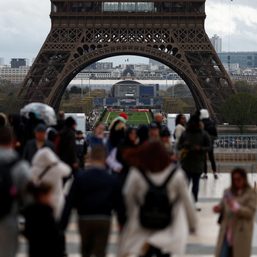



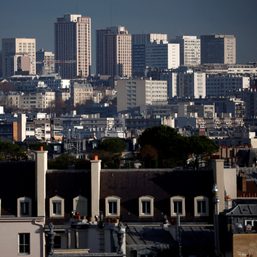
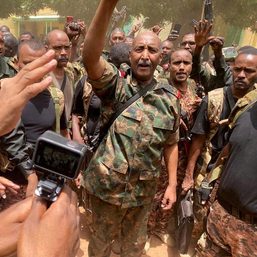
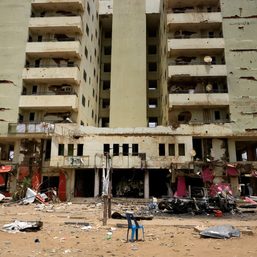
![[OPINION] No time to wait to protect vulnerable lives in Sudan](https://www.rappler.com/tachyon/2023/06/sudan-june-15-2023.jpg?resize=257%2C257&crop=292px%2C0px%2C720px%2C720px)
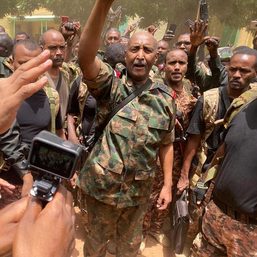
There are no comments yet. Add your comment to start the conversation.